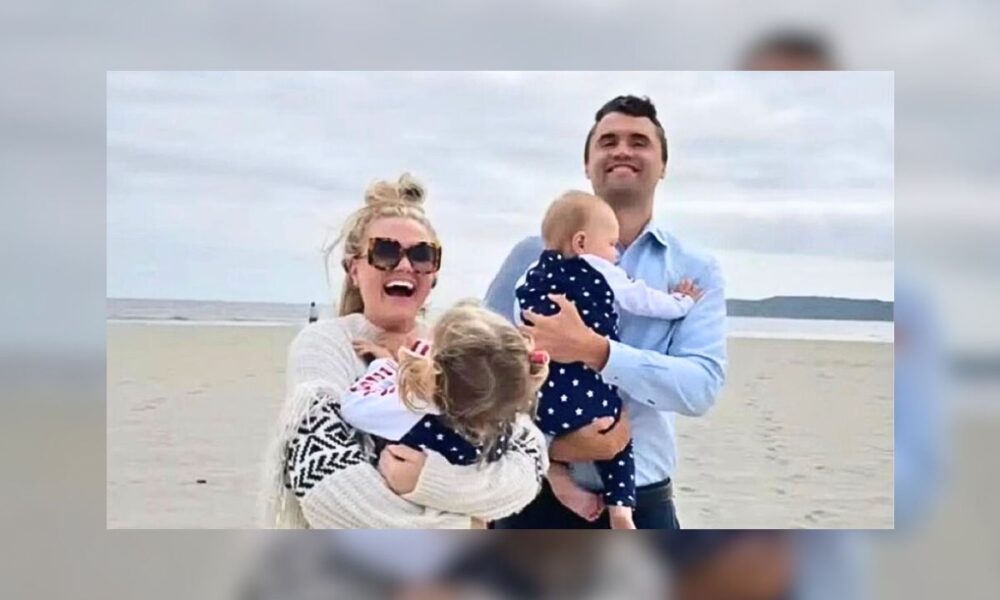Paige Sparks, a Missouri employment attorney with nearly 2 million TikTok followers, said in a video posted September 14 that private employers generally have wide latitude to discipline or fire employees for social media posts criticizing Charlie Kirk.
“If you say anything about Charlie Kirk online that your employer does not like and they fire you, there may not be much you can do about that,” Sparks said.
Sparks emphasized that constitutional protections like the First Amendment primarily shield individuals from government action, not private employers.
“It’s misstated all over the internet…you don’t have an absolute freedom of speech against everyone for everything,” Sparks added.
@lawyerpaige Replying to @Cindyrella #law #legal #lawyer *informational only & not legal advice!
Sparks added that exceptions exist if a private entity is acting on behalf of the government or if the employee is a municipal worker, but in most cases, “you only have the freedom of speech protected against the government, not other people.”
While Sparks focused on the private sector, the public sector faces a different legal framework.
NBC News reported that at least a dozen educators nationwide, including K–12 staff and public university faculty, have been suspended, placed on leave, or terminated over social media posts about Kirk’s death. Some posts allegedly included comments such as, “This isn’t a tragedy. It’s a victory,” and “1 Nazi down.”
Public universities and schools are bound by the First Amendment, which protects employees speaking as private citizens on matters of public concern. According to the Foundation for Individual Rights and Expression (FIRE), disciplinary actions taken solely for controversial or offensive speech are often challenged in court.
“Professors punished for such expression can assert their First Amendment rights in university disciplinary proceedings or in court via a First Amendment retaliation claim,” FIRE counsel Zach Greenberg said to The Dallas Express via email.
Greenberg added that universities cannot punish speech unless it substantially disrupts operations, a standard that protects the exchange of ideas even when the content offends.
The standard differs if the speech occurs in an official capacity.
“In general, the government can punish employees when they speak pursuant to their official duties,” Greenberg said. Academic freedom further protects professors’ teaching, research, and expression related to scholarship, even when fulfilling their duties.
NBC News highlighted several cases: East Tennessee State University reportedly placed two faculty members on administrative leave for posts about Kirk’s death, and Middle Tennessee State University fired a staff member. Florida and Oklahoma education officials warned that social media comments deemed inappropriate could trigger investigations and discipline. At the University of Mississippi, a staff member was fired for re-sharing offensive posts.
FIRE representatives warned that aggressive efforts to remove employees from their professions over controversial comments could chill public discourse. “If we create a climate of fear so that everyone is afraid to talk, then we’ve actually kind of accomplished the goals of people who wanted to silence Charlie Kirk in the first place,” said Adam Goldstein, FIRE vice president of strategic initiatives, in a separate statement to NBC.
FIRE strongly condemned the assassination, the morning after the news broke internationally. An email to their subscribers partly read, “What happened yesterday is indicative of a broader cancer in our body politic that we must address. But it must not be addressed with censorship.”
While social media commentary about Kirk has generated intense scrutiny, not all actions are protected speech.
At Texas Tech University, student Camryn Giselle Booker was reportedly arrested and expelled for harassing mourners and charged with battery, disorderly conduct, and resisting arrest. While a public university student’s speech condemning Kirk may be protected speech, battery is not.
Student assaulted a man speaking up for #Charlie at Texas Tech and demanded attention from those watching her.
She’s not so happy or confident now, sitting in the local jail… pic.twitter.com/db5ObjSkpo
— Brian ✝️🇺🇸 (@PsyD_Brian) September 13, 2025


